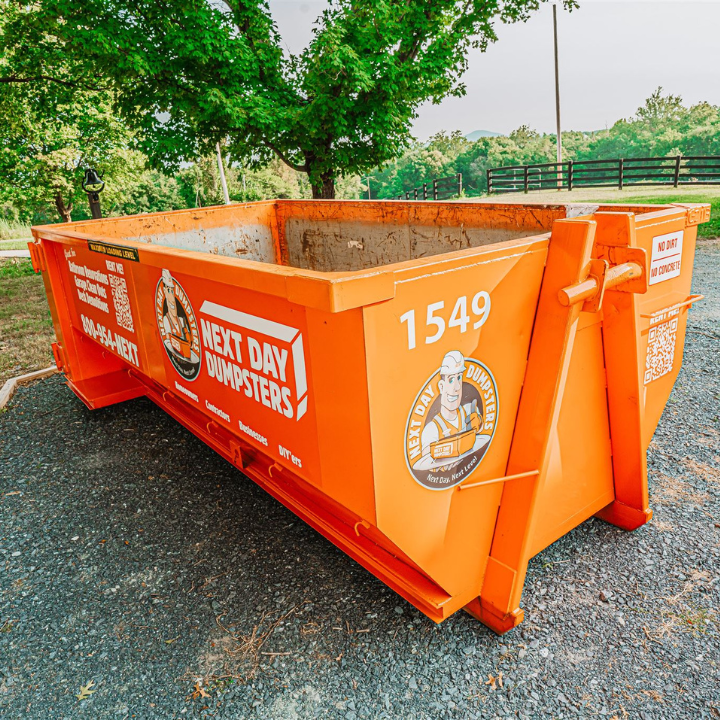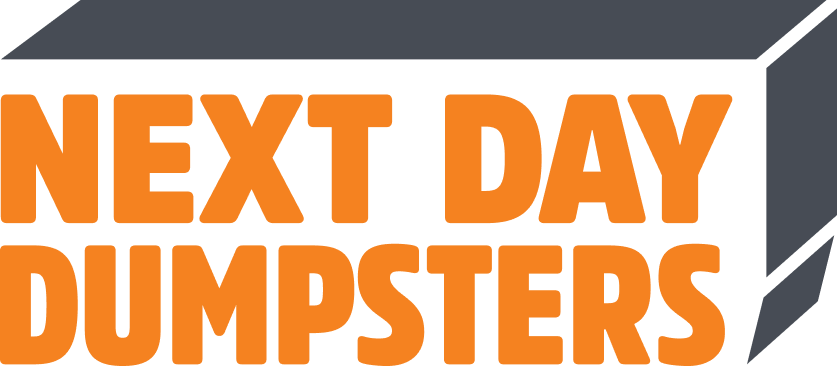Google Rating
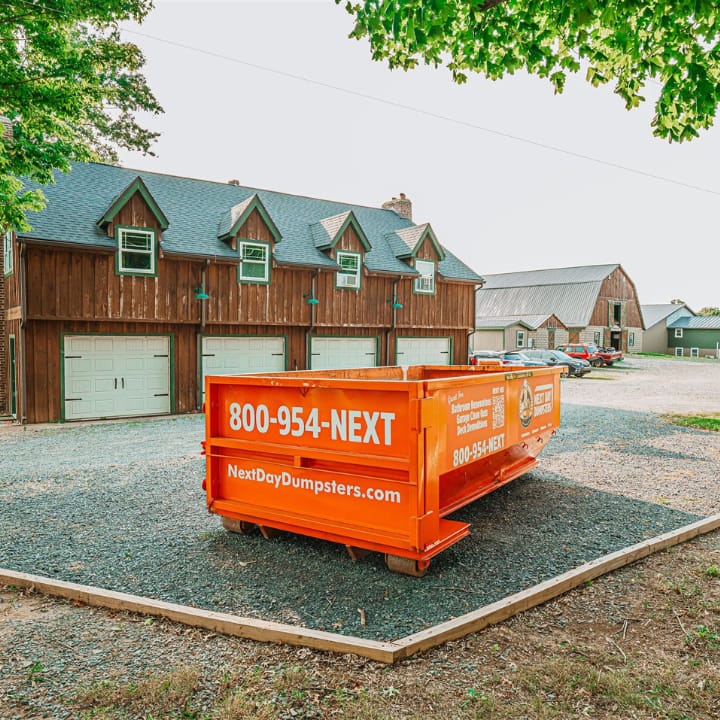
Beyond Size—Navigating Permits, Recycling, and Compliance in Dumpster Services for North Carolina
Renting a dumpster in North Carolina might seem like a straightforward decision—pick the right size, fill it up, and haul it away. But there’s much more to it than meets the eye. Homeowners and contractors alike often overlook the permits, recycling requirements, and legal compliance that come along with dumpster rental services across the state.
Failing to follow local regulations can lead to costly fines, project delays, or unintentional environmental violations. Whether you’re managing a major renovation or simply clearing out clutter, it’s important to understand what’s expected before that dumpster arrives. From where it can be placed to what materials are allowed inside, your responsibilities go beyond just waste removal.
North Carolina’s counties and cities each have their own unique guidelines, especially when it comes to recycling and proper sorting. In some areas, certain materials—like concrete, scrap metal, or electronics—must be handled separately or even diverted away from landfills altogether. Understanding these requirements is essential to avoid penalties and ensure smooth project execution.
In this blog, we’ll take a deeper look at the key factors that matter most when renting a dumpster in North Carolina. You’ll learn when a permit is required, why recycling laws are taken seriously, how to stay compliant, and what steps you can take to keep everything running efficiently. By the end, you’ll know exactly what to expect—and how Next Day Dumpsters can help make the process easier every step of the way.
Why Permits, Recycling, and Compliance Matter in North Carolina
Renting a dumpster in North Carolina involves more than just picking a container and filling it up. Across the state, there are clear regulations in place to protect both communities and the environment. From local city ordinances to county recycling mandates, these rules ensure that waste is handled safely, legally, and responsibly.
Ignoring these guidelines can create unnecessary headaches. Homeowners and contractors may face fines, delays in project timelines, or even be forced to remove or relocate a dumpster that’s not properly permitted. In some areas, placing a dumpster on a public road without authorization could lead to immediate citation or towing.
Beyond permitting, North Carolina also has specific recycling and landfill compliance requirements. Certain materials, like electronics, appliances, concrete, and scrap metal, must be separated or handled differently depending on the county. Some items are banned from landfills altogether, and failing to follow these rules can mean added fees or disposal rejections at the site.
Understanding these requirements upfront can help you plan your project more efficiently. You’ll avoid unexpected costs and ensure your cleanup goes as smoothly as possible. And with a professional dumpster service like Next Day Dumpsters, you can get expert guidance tailored to the exact rules for your location in North Carolina.
Key Signs You May Need a Permit or Special Service
Many people assume that as long as they have space for a dumpster, they’re good to go. But in North Carolina, there are specific scenarios where you’ll need more than just a rental. Permits and special compliance steps may be required, especially in areas with stricter zoning laws or unique environmental rules.
Common Situations That Require a Dumpster Permit
One of the most common triggers for a permit is placing a dumpster on public property. If you don’t have enough room on your private driveway and plan to place the container on a street, sidewalk, or alley, you’ll likely need a permit from your city or town. In cities like Charlotte, Raleigh, and Durham, local ordinances strictly regulate the use of public space for waste containers.
You may also need a permit if you’re working in an area governed by a homeowner’s association (HOA). Many HOAs have rules about how long dumpsters can be on-site, where they can be placed, and what size is allowed. Failing to notify or get approval from the HOA can result in fines or the forced removal of the container.
Historic districts, downtown neighborhoods, and areas with limited street access may also trigger additional requirements. Even in rural counties, there could be site-specific limitations for large containers, especially if the area is environmentally sensitive or close to public water sources.
Recycling Rules That Require Extra Attention
While permits are about where you place a dumpster, recycling requirements affect what goes inside. North Carolina has strong recycling laws that ban certain materials from landfills, and these vary by county. You may not need a permit to rent a dumpster, but you’re still expected to follow disposal guidelines for:
-
Scrap metal
-
Electronics (like TVs and computers)
-
Cardboard and paper products
-
Yard waste
-
Appliances with refrigerants
-
Construction materials like concrete or asphalt
If your project involves these materials, you’ll need to separate them—or work with a company that can do that for you. Failure to comply can result in rejection at the landfill, extra hauling costs, or environmental penalties. For large-scale cleanouts or construction projects, this level of sorting may be more than a DIY-er can manage alone.
What You Can Do—Solutions and Best Practices
If you’re feeling overwhelmed by permits, recycling requirements, and disposal rules, you’re not alone. The good news is that a bit of preparation can go a long way toward making your dumpster rental experience in North Carolina smooth and stress-free. Whether you prefer to handle things yourself or call in a professional, there are smart steps you can take.
DIY Tips for Planning Ahead
Before booking a dumpster, take a few minutes to check with your local municipality or public works department. Many cities and towns list permit requirements and placement rules right on their websites. If your project involves placing a container on the street or anywhere outside your private property, assume you’ll need approval in advance.
You can also set yourself up for success by thinking about how your waste will be sorted. Create a basic plan for separating recyclable items like cardboard, metal, and clean concrete from general debris. Label boxes, use bins or tarps, and keep any prohibited items out of the mix. These small steps help ensure your load is accepted at the landfill or transfer station without issues.
Finally, keep your dumpster covered if rain is in the forecast. Some landfills charge by weight, so waterlogged debris can lead to higher disposal fees. Covering the container also helps prevent runoff or contaminants from spilling into storm drains—something that’s closely monitored in many North Carolina counties.
When to Call a Professional Dumpster Service
Not every situation is suited for a DIY approach—especially when regulations are complex or time is limited. If you’re unsure about your city’s rules, working under a deadline, or dealing with large quantities of varied materials, it’s worth turning to a professional service.
Experienced dumpster rental providers like Next Day Dumpsters are familiar with permitting requirements, county-specific recycling laws, and landfill restrictions across North Carolina. They can advise you on the right container size, help secure permits if needed, and even offer services that include sorting and hauling for special materials.
Professionals can also save you time and money by helping you avoid common mistakes—like overloading the dumpster, including banned items, or placing it in the wrong location. With expert help, you get peace of mind knowing the job will be done right, from delivery to disposal.
Tips to Stay Compliant and Avoid Surprise Costs
Even with the best intentions, it’s easy to overlook a local requirement or misjudge what you can toss into a dumpster. But with a little preparation, you can steer clear of extra fees, citations, or delays that slow down your project. These practical tips can help you stay fully compliant with North Carolina’s dumpster rental guidelines and avoid any unpleasant surprises.
Read Local Guidelines Before You Book
Every town and county in North Carolina handles permits and waste regulations a bit differently. Some municipalities require permits for any dumpster placed on a street, while others are stricter about recycling or the types of materials you can dispose of. Before you book, spend a few minutes reviewing your city’s public works or sanitation department page. If in doubt, call and ask—it’s far easier to get answers up front than deal with a violation later.
Ask Your Dumpster Provider the Right Questions
Not all dumpster services are created equal. Make sure you’re working with a company that understands local laws and can walk you through the requirements. Ask if they can assist with permits, explain their recycling process, and let you know what items are prohibited. A reputable company will be upfront about what’s included—and what might cost extra.
Sort Smart to Avoid Landfill Rejection
Recycling mandates in North Carolina aren’t just suggestions. Many landfills will reject or surcharge loads that contain banned items like electronics, tires, or appliances with refrigerants. To prevent this, sort materials before they go into the dumpster. If you’re unsure what’s allowed, ask for a list. Better yet, label different piles on your property to keep things separated as you load.
Watch for Overages and Hidden Fees
Overfilling your dumpster, exceeding the weight limit, or keeping it longer than scheduled can lead to additional charges. To avoid this, be clear on your rental terms and ask about the weight allowance and time window included in your agreement. Load materials evenly and don’t toss in heavy debris without checking if a separate container is needed.
Partner With a Company That Prioritizes Compliance
Ultimately, your best defense against unexpected costs is choosing a dumpster provider that knows the rules and helps you follow them. Next Day Dumpsters offers local expertise across North Carolina and can guide you through every step—from permits to pickups—so your project runs on time and on budget.
Wrap-Up: Be Smart With Your Waste—Plan Ahead for Smooth Dumpster Rentals
Renting a dumpster in North Carolina may start with choosing a size, but it shouldn’t end there. Local regulations, recycling laws, and permit requirements are all part of the process—and ignoring them can turn a simple project into a costly mistake. Whether you’re decluttering a home, remodeling a bathroom, or managing a full-scale construction site, being informed is your best tool.
Taking time to understand your city’s rules, separating recyclable materials, and knowing when you need a permit can help you avoid fees, delays, or rejected loads. You’ll not only save money—you’ll help protect the environment and keep your project moving smoothly from start to finish.
And you don’t have to figure it out alone. With Next Day Dumpsters, you get more than a container—you get a knowledgeable partner who understands North Carolina’s waste regulations inside and out. From helping you choose the right size to walking you through permitting and recycling requirements, we make responsible dumpster rental simple and stress-free.
Need help navigating permits, recycling, or local compliance? Contact Next Day Dumpsters today and rent with confidence.
Recent News
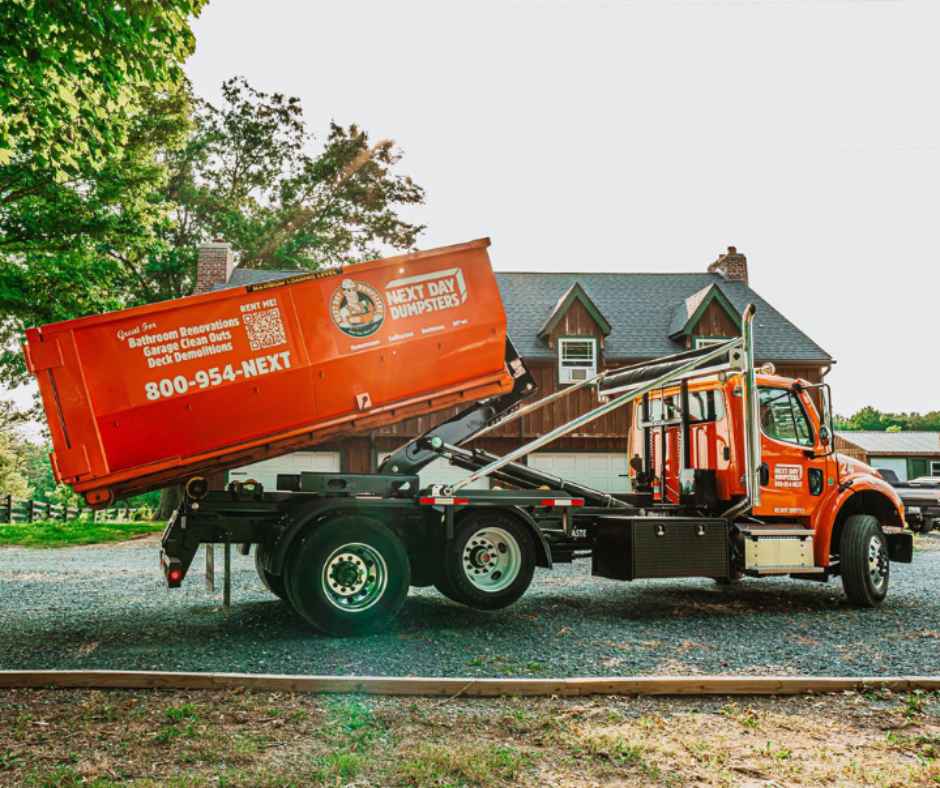
The Ultimate Dumpster Rental Checklist: Expert Advice for Stress-Free Waste Management
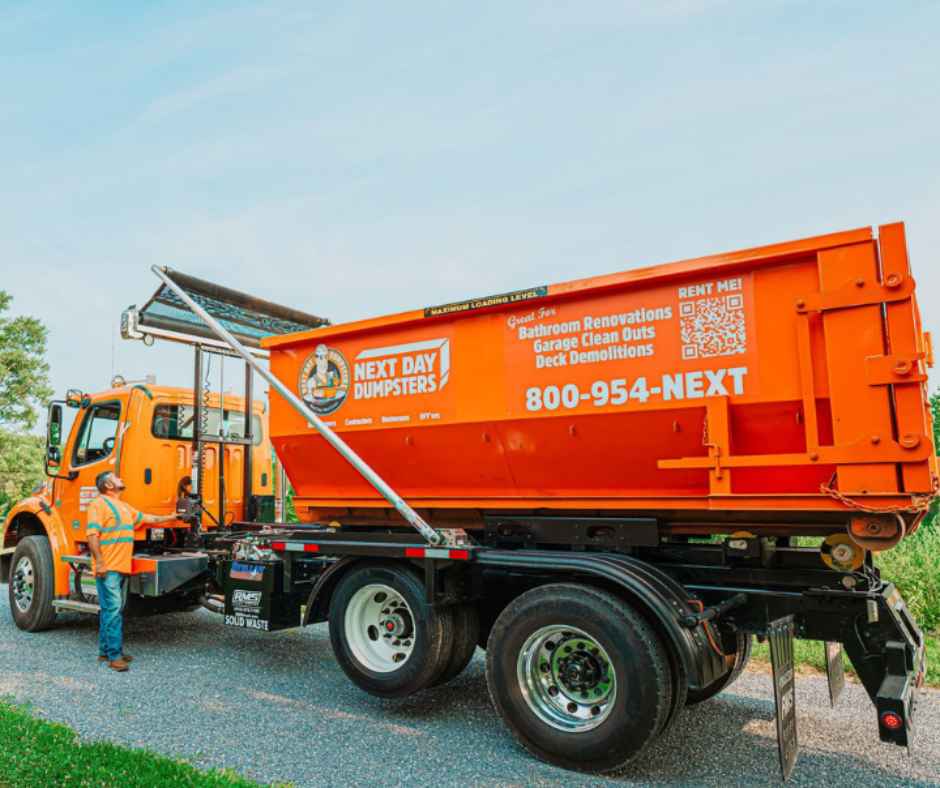
How Professional Contractors Use Dumpsters Safely: Insider Tips from Industry Experts
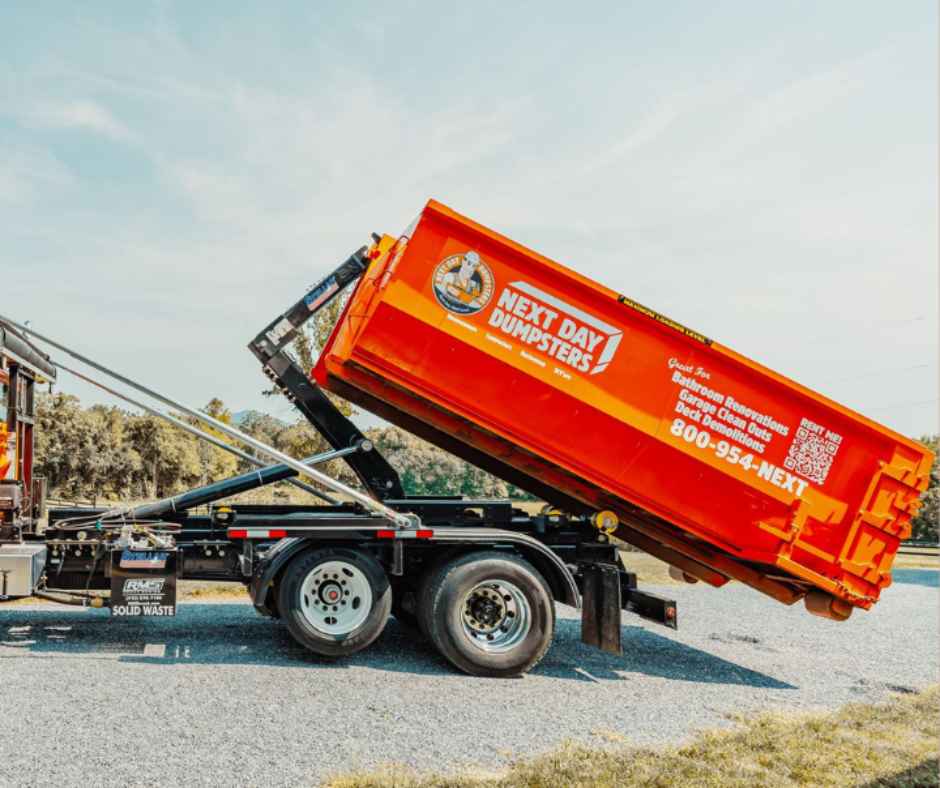
Dumpster Rental for Roofing Projects: What You Need to Know

How to Prepare for a Dumpster Rental Delivery
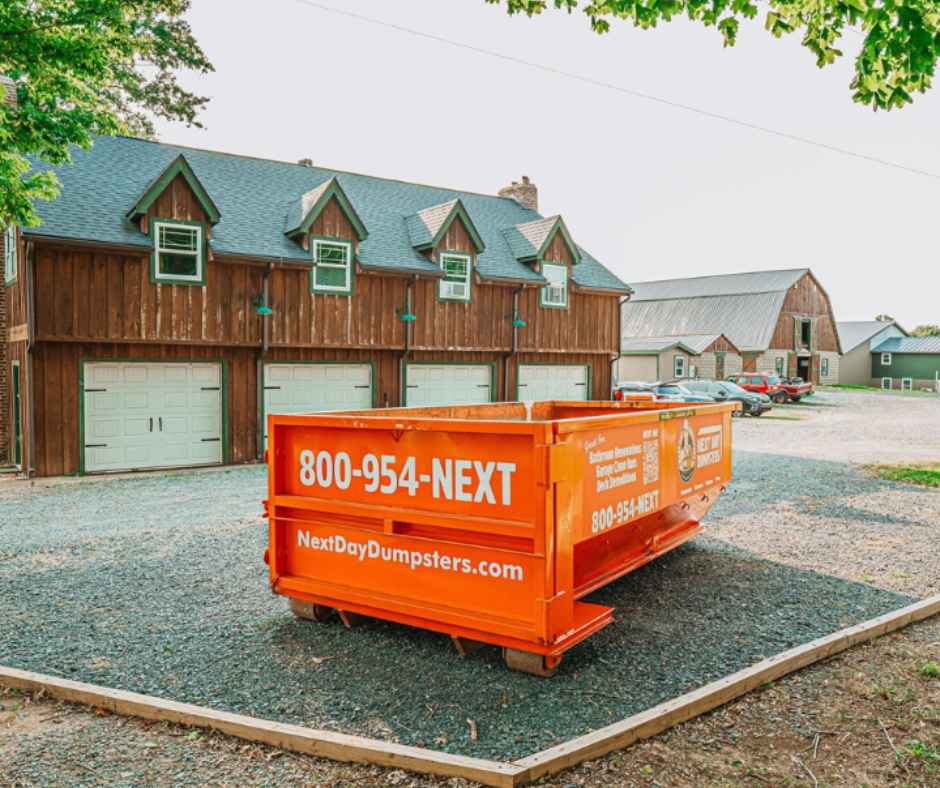
Moving? Here’s How a Dumpster Rental Can Help
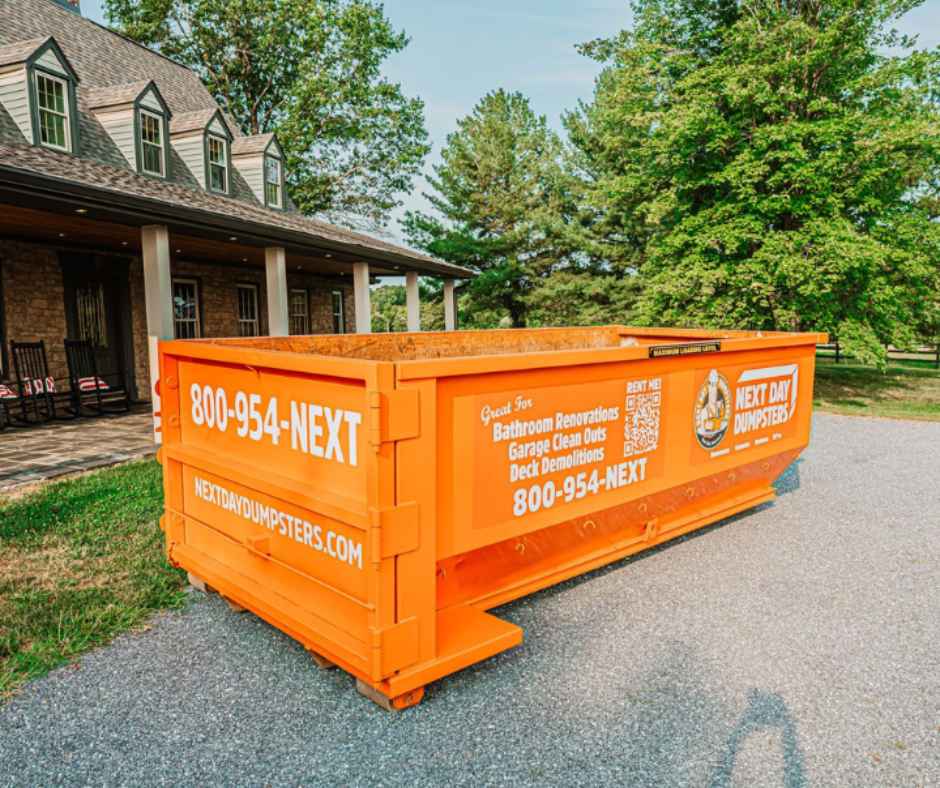
Seasonal Cleaning Made Easy: Why Rent a Dumpster?
